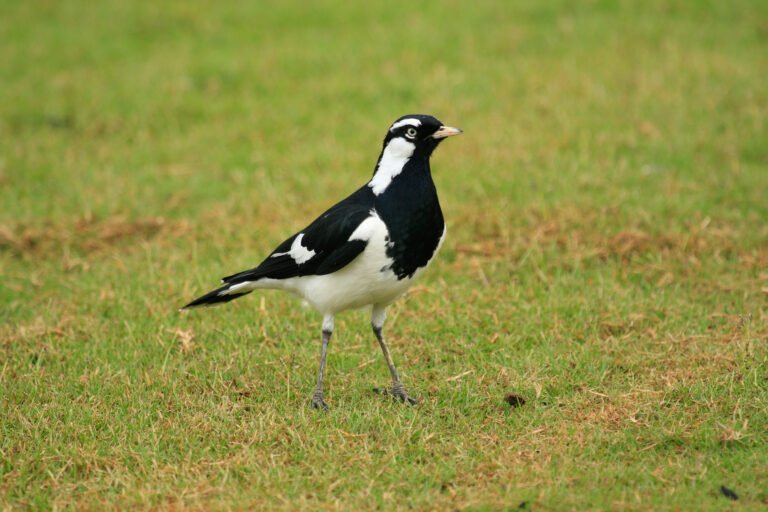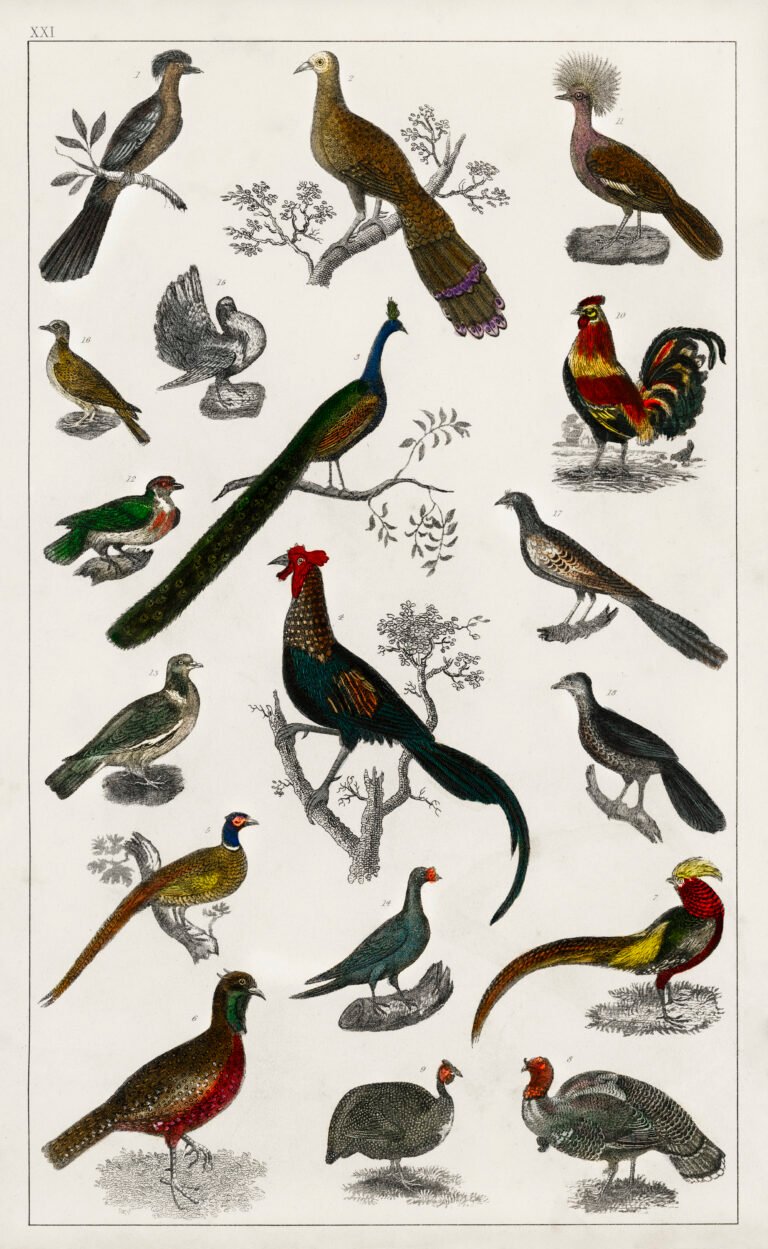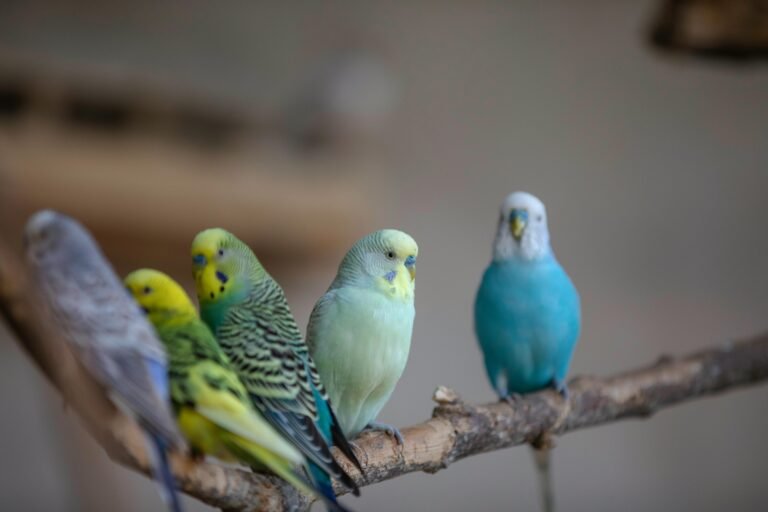Guide to Choosing the Right Bird for You

Welcome to Feathered Mates! Today I will speak about how to choose the right bird for you. If you are a first time bird enthusiast or find a feathered mate right now, finding the right bird requires some caution. In this blog I will try to give proper guidelines for choosing the right path. Let’s start the journey together in the choosing right bird.
Have you ever caught yourself watching a bird soar across the sky and felt a tug at your heart? That tiny, feathered soul seemed so free, so full of life, and maybe, just maybe, you wondered what it would be like to share your life with a bird of your own. I’ve been there. I’ve walked that emotional journey — from awe-struck birdwatcher to a committed bird owner. And if you’re reading this, perhaps you’re on the verge of making one of the most beautiful decisions of your life — choosing the right bird as a companion.
This isn’t just another guide full of dry facts. I want to share with you what I’ve learned — not just from books and articles, but from heart-to-heart moments with my own birds. Together, let’s explore how to select the right bird — the one that will fit your lifestyle, your heart, and your home.
Why Choosing the Right Bird Matters
Before diving into bird types and care tips, let’s reflect for a moment: why is it so important to choose the right bird?
Birds aren’t just pets; they are deeply emotional, intelligent beings. They bond, they feel, they grieve, and they celebrate. Unlike a fish or even a hamster, a bird — especially parrots and similar species — can live for decades. You’re not just buying a pet; you’re welcoming a lifelong friend.
Choosing the wrong bird can lead to frustration for both you and the bird. Many birds end up abandoned or neglected simply because they were not the right fit for their owners.
That’s why it’s crucial to select the right bird after careful thought, not impulse.
Factors to Consider Before Choosing the Right Bird
1. Your Lifestyle
Birds, especially parrots and other intelligent species, need time and attention. Ask yourself:
Are you home often?
Do you travel a lot?
Do you work long hours?
Are you willing to clean their cage daily and spend quality time with them?
If you lead a very busy life, a high-maintenance bird like an African Grey or Cockatoo might not be ideal. Instead, a quieter, more independent bird like a canary or finch may be better.
2. Your Living Situation
Do you live in an apartment or a house?
Is noise a concern for you or your neighbors?
Do you have other pets?
Loud birds like macaws or cockatoos might not be suitable for apartment living, while smaller species like budgies or lovebirds make better city companions.
3. Allergies and Sensitivities
Some birds produce more dander than others. For people with allergies, this can be a deal-breaker. Cockatiels and African Greys are known for producing a lot of powdery dust. Consider getting birds like Pionus or Eclectus parrots which produce less dander.
4. Experience Level
If you’re a first-time bird owner, start with a species known for being easygoing and low-maintenance. Budgies, cockatiels, and lovebirds are often recommended for beginners.
Choosing the Right Bird for you by looking at your lifestyle
The first step in selecting the right bird is to access your lifestyle. Consider these questions with yourself :
How much can you give your bird per day ?
What a peaceful environment you have for birds to live in ?
How much space do you have to keep the bird ?
Are you looking for a pet bird that is much more independent ?
Birds Size
Birds come in different sizes. Choose your pet bird based on your living space.
If your living space is small , choose smaller birds like finches, Canaries. Larger parrots require more space than this..
Birds Personality
Birds have their own personalities just like humans have personalities. Research different birds to find a bird that complements your preferences. If you find love birds, Cockatiel or conure can be great companions. Independent birds like Finches may be better for those who prefer less hands-On.
Birds Lifespan
Depending on the species, birds can live for many years. Some bird species live for decades. If you want a short-lived bird, you can get a Cockatiel. Cockatiel has a very short lifespan compared to other birds. But parrots can live for decades.
Birds Vocalization
Birds communicate in different ways, from singing, chirping, and talking. If you are attracted to the melodious sounds of birdsong, consider canaries and parakeets. On the other hand, If you prefer quiet birds, you can consider quiet species of birds.
Maintenance of birds
Being a bird owner comes with a lot of responsibility. Proper nutrition of birds, a clean environment and regular veterinary care among them.
Top Birds for Beginners and What Makes Them Special
Let’s now explore some bird types with the emotional voice of someone who has lived with them.
1. Budgies (Parakeets)
My first bird was a bright green budgie named Kiwi. He was tiny, curious, and had a chirp that lit up the entire room. Budgies are perfect for beginners. They’re friendly, easy to care for, and surprisingly good at mimicking sounds.
Pros: Low maintenance, social, easy to train, inexpensive.
Cons: Fragile, can become lonely if not given attention.
2. Cockatiels
Ah, cockatiels — the gentle souls of the bird world. With their sweet whistling and charming crests, they win hearts easily. I had one named Luna who loved to perch on my shoulder while I read.
Pros: Affectionate, moderate noise level, relatively easy to tame.
Cons: Need regular social interaction, can develop behavioral issues if neglected.
3. Lovebirds
Despite their name, lovebirds don’t need to be kept in pairs, though they enjoy company. They’re spunky, vibrant, and full of personality. My cousin’s lovebird, Mango, used to do backflips — no joke.
Pros: Playful, colorful, great for bonding.
Cons: Can become nippy if not socialized properly.
4. Canaries and Finches
If you’re looking for a more hands-off bird that fills your home with song rather than chatter, these are great options.
Pros: Low-maintenance, beautiful singers, minimal handling needed.
Cons: Not interactive, best observed than cuddled.
Emotional Preparation: Are You Ready?
Birds will teach you about love, patience, and presence. But they also test you. They scream sometimes. They poop everywhere. They destroy things. But they also snuggle under your chin, sing to you at sunrise, and recognize your voice when you enter the room.
Choosing the right bird means preparing emotionally. It’s not always easy, but it’s always worth it.
Click here to know how to guide a pet bird for beginners
Birds are not just pets. They’re companions with feelings, personalities, and a deep need for love and attention. When you select the right bird, you’re beginning a story — one filled with chirps, challenges, laughter, and unforgettable memories.
It can be said that birds are very peaceful creatures and they always fascinate us with their behavior. So, As a responsible bird owner, acquiring the necessary knowledge about birds is of course very important. Every bird owner should understand and review accurate information about birds and guide birds properly. Hope we have helped you enough to learn how to care for your pet birds. Stay with us to learn about the right bird selection, Birds care, birds nests and all things related to birds. May the relationship between you and your pet become stronger.







